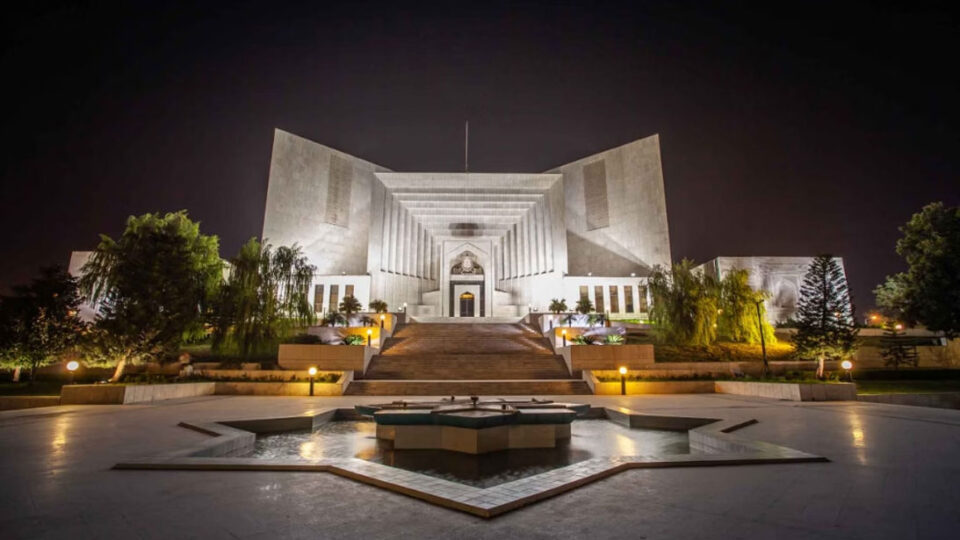Pakistan Supreme Court Sets Clear Framework for Child Maintenance Post‑Divorce
The Supreme Court of Pakistan has issued a landmark five‑page judgment clarifying that the amount of child maintenance a mother receives hinges on the child’s reasonable needs as well as the financial capacity of the father. The case was presided over by Chief Justice Yahya Afridi and Justice Shakeel Ahmad, with the latter authoring the decision .
📌 What the Ruling Says
-
Traditionally, maintenance covers food, clothing, and shelter. But the Court emphasized a broader interpretation, stating that maintenance must also address education, healthcare, emotional and intellectual development, in line with modern standards of child welfare .
-
The child’s financial support should reflect the parents’ social and economic status, ensuring that separation does not deprive the child of development opportunities .
⚖️ Islamic Principles & Legal Conditions
The verdict outlines key conditions under Islamic law:
-
The child must be in need and unable to support themselves due to age or disability.
-
The father must have the means to pay. Even if unemployed, the Court ruled that absence of serious illness or disability does not absolve the father from his duty .
-
If the father is genuinely incapable and the mother has sufficient means, the mother may assume responsibility.
-
If neither parent can support the child, the paternal grandfather may bear the obligation, provided he has adequate resources .
🧾 Related Precedents
-
In a 2024 case, the Court affirmed that educational expenses are integral to child maintenance, ruling that a father must support his child until graduation, if financially capable .
-
Another precedent stressed balancing the father’s financial capacity and avoidance of “unjust enrichment”. This ensures maintenance awards are fair and reasonable—not arbitrarily inflated .
🧠 How Maintenance Is Determined in Practice
According to established legal principles under the Family Courts Act, 1964:
-
Courts must assess the father’s income, assets, other dependents, and real financial obligations .
-
The child’s standard of living, educational needs, and special requirements are also factored in .
-
Courts may apply annual increases (commonly 10%) to maintenance amounts to preserve real value over time .
✅ Summary Table
| Key Factor | Court Insight |
|---|---|
| Child’s needs | Encompasses food, shelter, education, healthcare, emotional development |
| Father’s financial capacity | Primary factor; must be reasonable and sustainable |
| Unemployment | Doesn’t negate obligation unless incapacitated |
| Mother or grandfather liability | Only if father genuinely incapable and others are financially able |
| Maintenance duration | Sons until majority; daughters until marriage (or until education complete) |
📌 Final Takeaway
This Supreme Court ruling firmly anchors child maintenance obligations within both Islamic doctrine and modern family law. It ensures children’s welfare remains priority—requiring fathers to pay for beyond basic needs if they can afford to, without imposing unfair burdens. The framework promotes fairness, transparency, and accountability in family support matters.
Need help exploring how this ruling may apply to specific cases or assistance with legal procedures? I’m happy to help!

